David Watts, the Liberal Democrat candidate for Newark, has unveiled a proposal to raise council tax on properties that have been empty over long periods of time by up to 500 per cent. The measure would be intended to reduce the large number of empty properties in the area.
Mr Watts claimed that there were over 640 empty homes in Newark, at a level that has remained consistent since 2004. The proposed hike in council tax would be intended to free up as many of these empty properties as possible.
The squeeze on housing supply is felt in a number of ways in the constituency, as local people struggle to find affordable homes, or even a home to begin with.
A report by housing charity Shelter found that the Newark and Sherwood local authority had an estimated 51 people experiencing homelessness in 2018. The majority of these people were found to be living in hostels, B&Bs or they had managed to arrange temporary living arrangements with friends or family.
More active role in housing market
The Newark-based proposal is simply part of a growing trend among the main political parties, as they seek to address the imbalances within the UK’s housing market, with a range of more interventionist policies.
The scrappage of Section 21 is now supported by the Conservatives, Labour and the Liberal Democrats, creating a political consensus around the idea that no-fault evictions should be phased out, and that landlords should resort to other existing provisions, to seek possession of properties.
The three main parties also support greater levels of housebuilding, with the Conservatives reaffirming their pledge to deliver 300,000 new homes a year by the mid-2020s. Labour also wishes to ramp up housebuilding but in a more targeted way, aiming to increase the volume of new social housing, as part of a proposal that they estimate will cost £75 billion over five years.
The Liberal Democrats share the Conservative proposal of 300,000 new homes a year in England, a pledge that they have stuck to, after a motion was successfully carried at the party’s Autumn Conference in 2014.
Poll suggests Conservative victory
One of the biggest developments in the December 2019 election campaign has been the publication of an extensive survey by YouGov, dubbed the MRP poll, which collected over 100,000 interviews held on a constituency-by-constituency basis.
This poll concluded that the Conservatives were on-course for a majority of 68 seats, having won a total of 359, based on voting intentions on 26th November.
It received extensive coverage, as the MRP poll published during the 2017 election campaign famously predicted a hung Parliament, despite most opinion polls suggesting Theresa May would win a sizable majority.
Labour was expected to win its lowest number of seats since 1983 (211 seats), according to YouGov’s MRP poll, while the Liberal Democrats were expected to win just one extra MP, taking their grand total to just 13 MPs.
In order to win the election, the MRP poll suggested the Conservatives would need to win a number of previously Labour-held seats, albeit by a thin margin, suggesting that the final outcome will ultimately depend on a high number of marginal seats and higher turnout among Conservative voters in traditionally Labour areas.







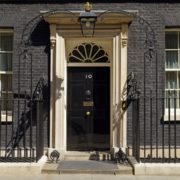
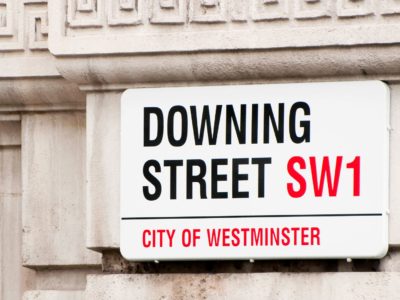
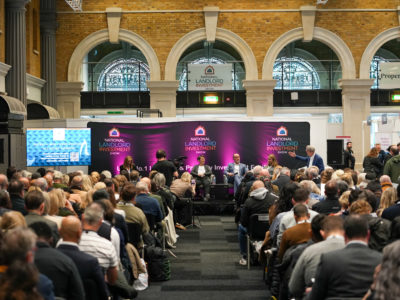
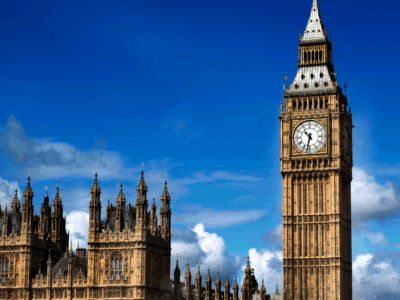
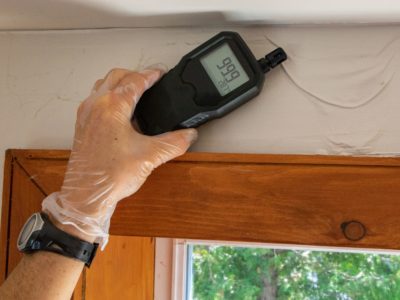




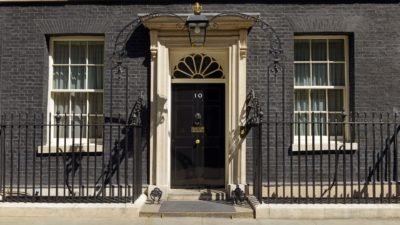






Comments